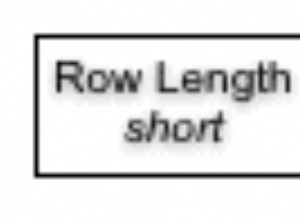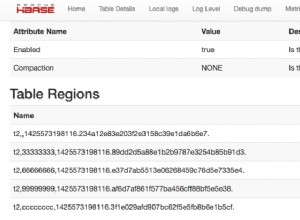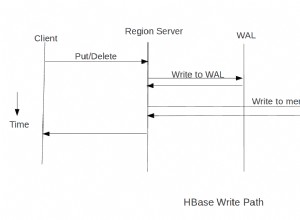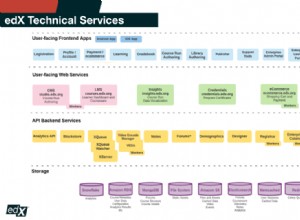Można to osiągnąć na dwa sposoby.
- Użyj serializatorów Jacksona — do globalnej konwersji. Stosowany do każdej konwersji
- User Spring WebDataBinder i PropertyEditorSupport . Możesz wybrać, który kontroler wymaga tej konwersji
Zaimplementuj serializator Jackson
Zarejestruj powyższą klasę do modułu Jackson
public class CustomDateTimeSerializer extends JsonSerializer<DateTime> {
// Customize format as per your need
private static DateTimeFormatter formatter = DateTimeFormat
.forPattern("yyyy-MM-dd'T'HH:mm:ss");
@Override
public void serialize(DateTime value, JsonGenerator generator,
SerializerProvider serializerProvider)
throws IOException {
generator.writeString(formatter.print(value));
}
}
Dodaj serializator do modułu Jacksona
@Configuration
public class JacksonConfiguration {
@Bean
public JodaModule jacksonJodaModule() {
final JodaModule module = new JodaModule();
module.addSerializer(DateTime.class, new CustomDateTimeSerializer());
return module;
}
}
Użyj WebBinder API i PropertyEditorSupport
Implementuj PropertyEditorSupport
public class DateTimeEditor extends PropertyEditorSupport {
private final DateTimeFormatter formatter;
public DateTimeEditor(String dateFormat) {
this.formatter = DateTimeFormat.forPattern(dateFormat);
}
public String getAsText() {
DateTime value = (DateTime) getValue();
return value != null ? value.toString(formatter) : "";
}
public void setAsText( String text ) throws IllegalArgumentException {
if ( !StringUtils.hasText(text) ) {
// Treat empty String as null value.
setValue(null);
} else {
setValue(new DateTime(formatter.parseDateTime(text)));
}
}
}
Dodaj ten edytor właściwości do kontrolera Rest
@RestController
@RequestMapping("/abc")
public class AbcController {
@InitBinder
public void initBinder(WebDataBinder binder) {
binder.registerCustomEditor(DateTime.class, new DateTimeEditor("yyyy-MM-dd", false));
}
}




